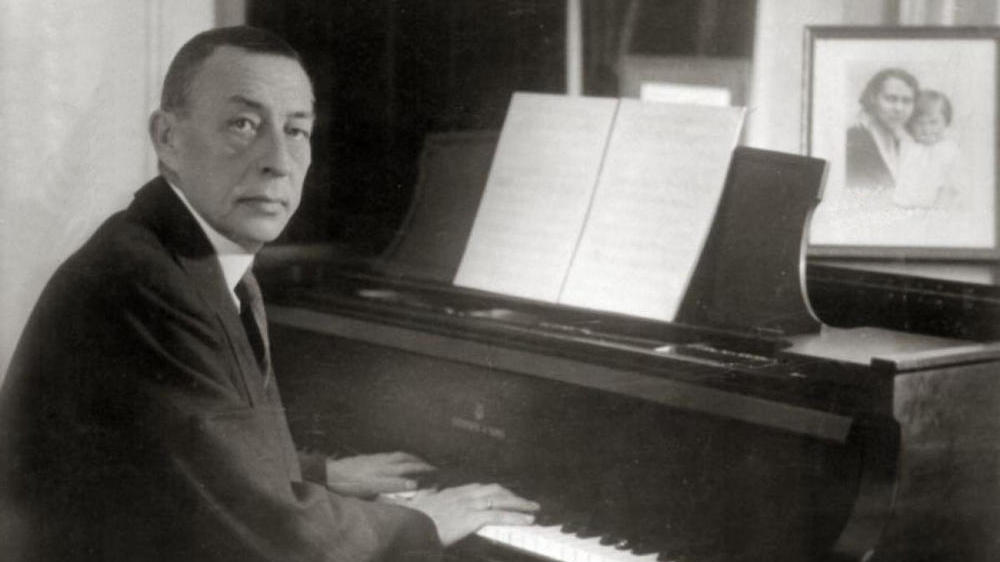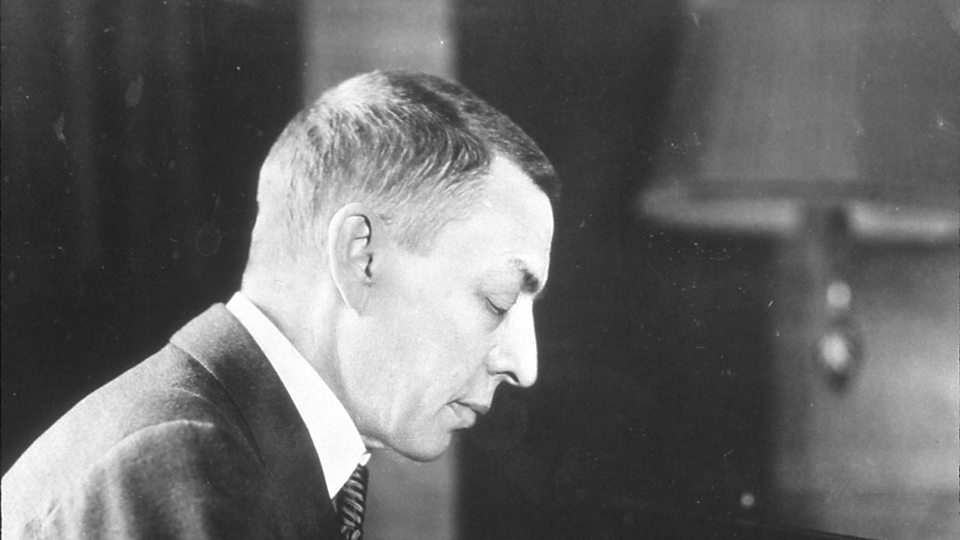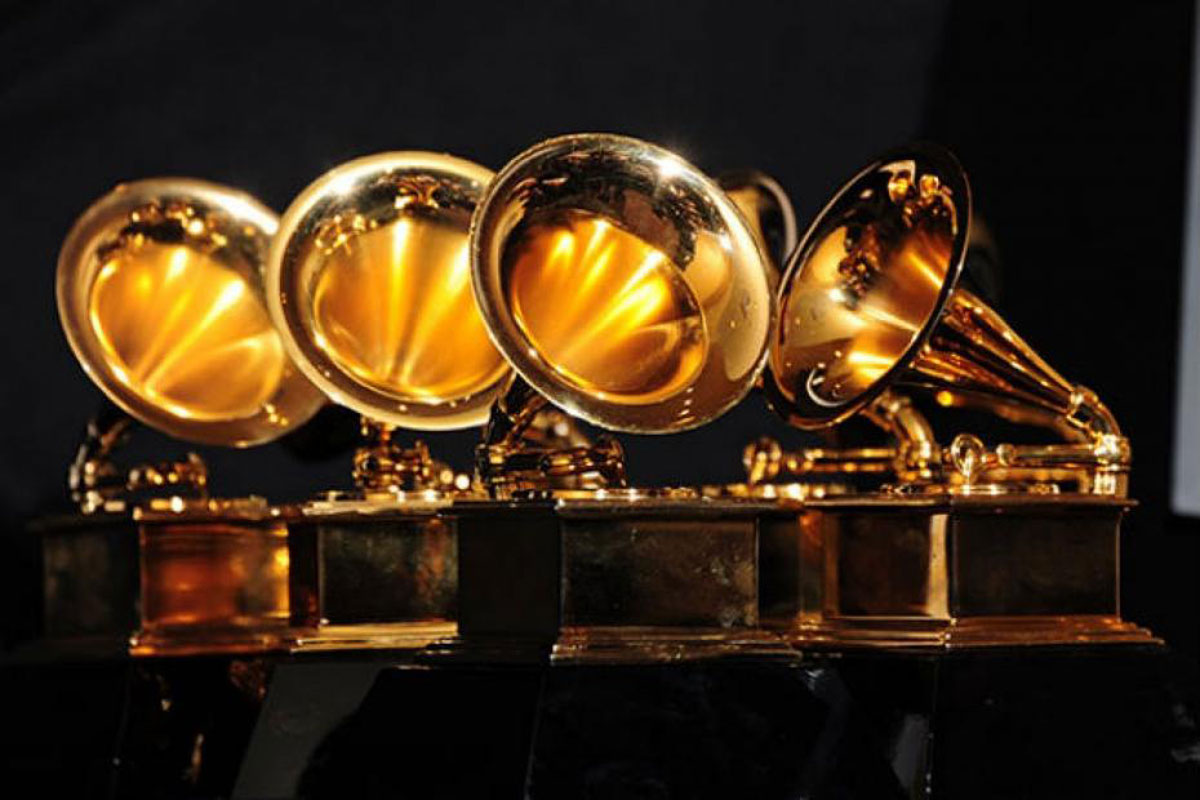Rachmaninov’s Prelude in G minor, Op. 23, No. 5: Horowitz at the Met, 1981
Let’s finish the week where we began, with a powerful live-concert recording of the legendary Russian-born American pianist, Vladimir Horowitz (1903-1989). This performance of Sergei Rachmaninov’s Prelude in G minor, Op. 23, No. 5 concluded Horowitz’ November 1, 1981 recital at New York’s Metropolitan Opera House. Completed in 1901, the Prelude in G minor opens with the same kind of spirited march we hear in the opening movement of Rachmaninov’s Symphonic Dances. Moments of soaring, heroic bravura are a reminder of …






